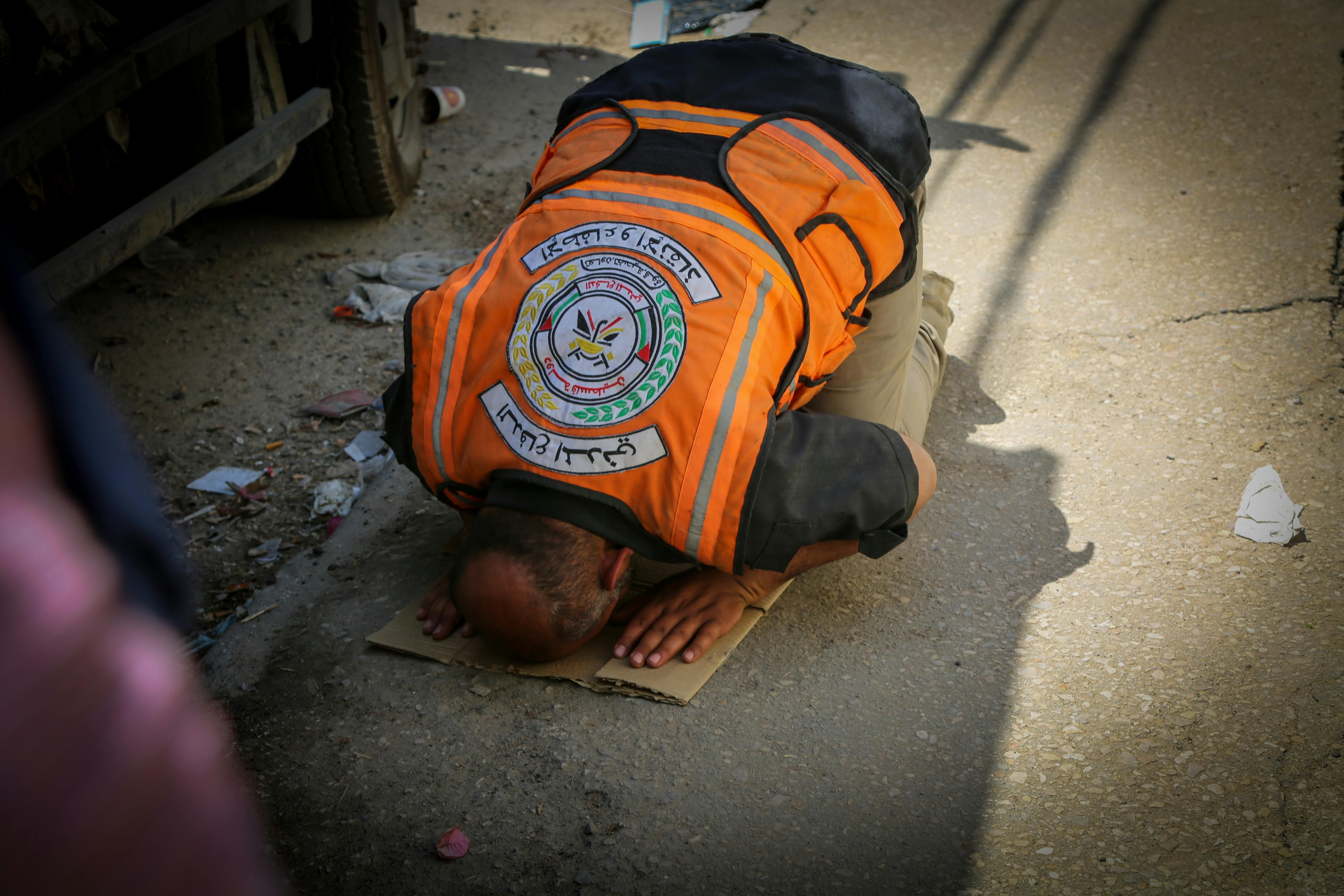Unrelenting Conflict: Humanitarian Bodies Warn of Escalation as Israel's Gaza Blockade Continues into a Second Month
Title: The Grim Reality in Gaza: A Humanitarian Crisis Unfolds
A month since Israel stopped delivering aid to theGaza Strip, the region's humanitarian crisis has worsened drastically. Over two million civilians, already struggling for years, are feeling the pinch of intensified Israeli military actions.
Hunger and Malnutrition
The absence of essential supplies has taken a dire toll on the population. The United Nations, NGOs, and residents of Gaza who spoke with CNN confirm that hunger is spreading rapidly. Access to clean water has become scarce, and makeshift displacement camps are swarming with pests.
The problems plaguing the area have intensified due to renewed military attacks launched in March, which included evacuation orders.
Cutting Off Aid
To pressure Hamas into releasing hostages and for new ceasefire terms, Israel stopped the delivery of food and other humanitarian aid into Gaza prior to the offensive. The Israeli government claims that Hamas intercepts and misdirects humanitarian aid, a charge the US endorsed last May.
Population Displacement and Living Conditions
Over 280,000 people have been displaced in the past two weeks, with two-thirds of Gaza now off-limits. Assem Al-Nabeeh, a spokesperson for the Gaza City municipality, told CNN that people are being displaced everywhere—on main roads, public parks, near garbage dumps, and even in buildings on the verge of collapse.
Even before the latest evacuation orders, only 40% of the city had access to water, with 175,000 tonnes of waste accumulating across the city.

Water, Sanitation and Health
Jonathan Whittall, the senior OCHA official for Palestinian territories, stated that a “war without limits” is currently underway in Gaza. According to OCHA's report from last Friday, Gaza faces renewed risks of hunger and malnutrition as the full cargo blockade, now into its second month, essentially halts all flour distribution and shuts all subsidized bakeries.
The World Food Programme revealed that all 25 subsidized bakeries across Gaza have shut down due to a lack of cooking gas and flour. This has left over one million people without food parcels in March, even though the supply of hot meals is still ongoing, but only for another two weeks at most.
The agency in charge of coordinating aid deliveries into Gaza insists on a "structured monitoring and aid entry mechanism" to prevent Hamas from seizing humanitarian supplies and to ensure organizations’ operations remain “neutral and impartial.”
Aid Blockage and Response
Huge amounts of aid sit unused outside Gaza as the crisis deepens. WFP claims that some 89,000 tonnes of food wait, while food scarcity in the region has driven up prices dramatically. A bag of wheat flour now costs 450% more than a few weeks ago.
As casualties rise, Gaza's hospitals are overwhelmed, and the World Health Organization reports Al-Shifa Hospital in the north of the territory is managing 400 patients daily—nearly triple its average before hostilities resumed on March 18.
Philippe Lazzarini, head of the UN Relief and Works Agency, stated, "People are starving, chaos and looting have returned...People are exhausted as they continue to be locked up in a tiny piece of land."
The crisis in Gaza continues to escalate, and international aid organizations are calling for safe and unhindered access to humanitarian aid to protect civilians and ensure continuous aid flows into the region.

- Tragically, malnutrition is spreading rapidly in the Gaza Strip due to the absence of essential supplies, as the United Nations, NGOs, and residents have confirmed.
- Estimated reports suggest that over one million people are without food parcels in Gaza, as all 25 subsidized bakeries have shut down due to a lack of cooking gas and flour, exacerbating the grim reality of hunger and malnutrition in the region.
- Despite huge amounts of aid sitting unused outside Gaza, the crisis continues to escalate, prompting international aid organizations to call for safe and unhindered access to humanitarian aid to protect civilians and ensure continuous aid flows into the Middle East, a region already grappled with a humanitarian crisis unraveling in the world.








